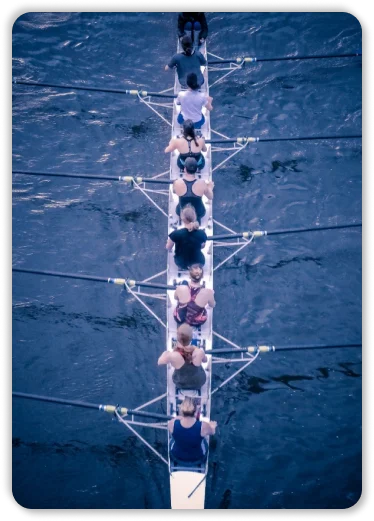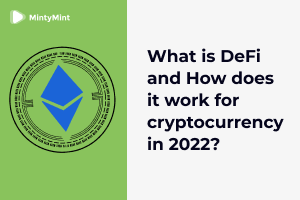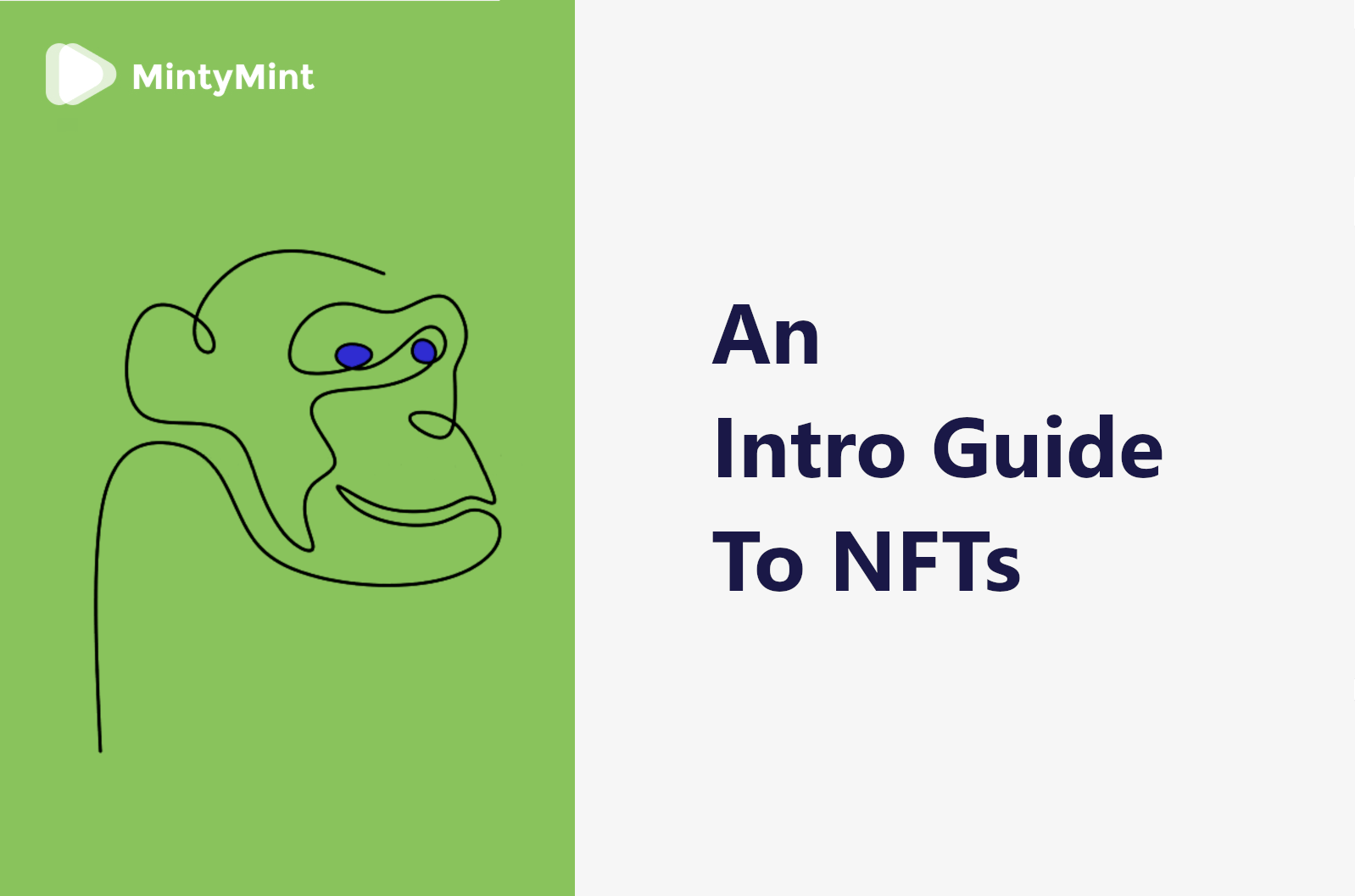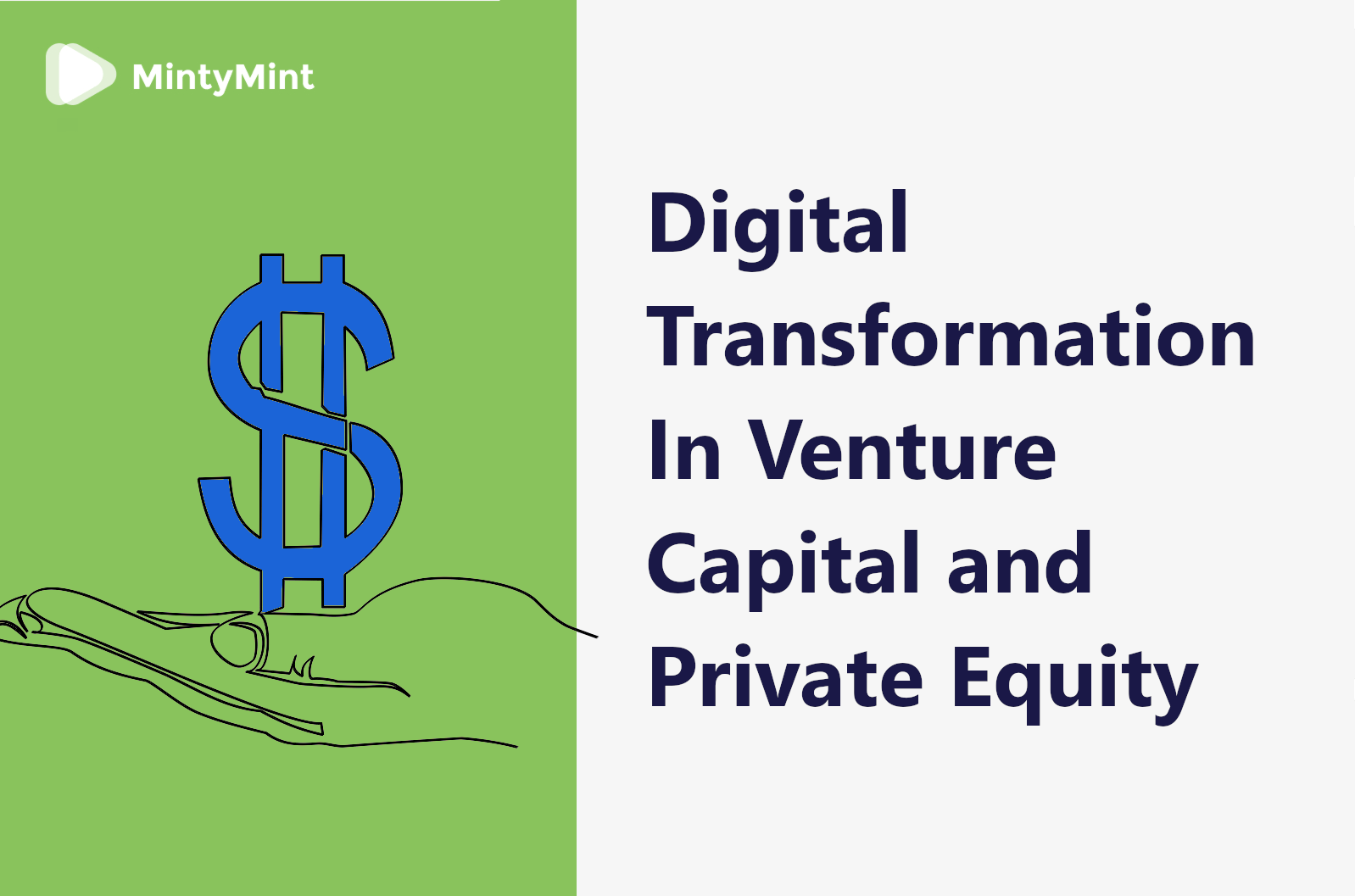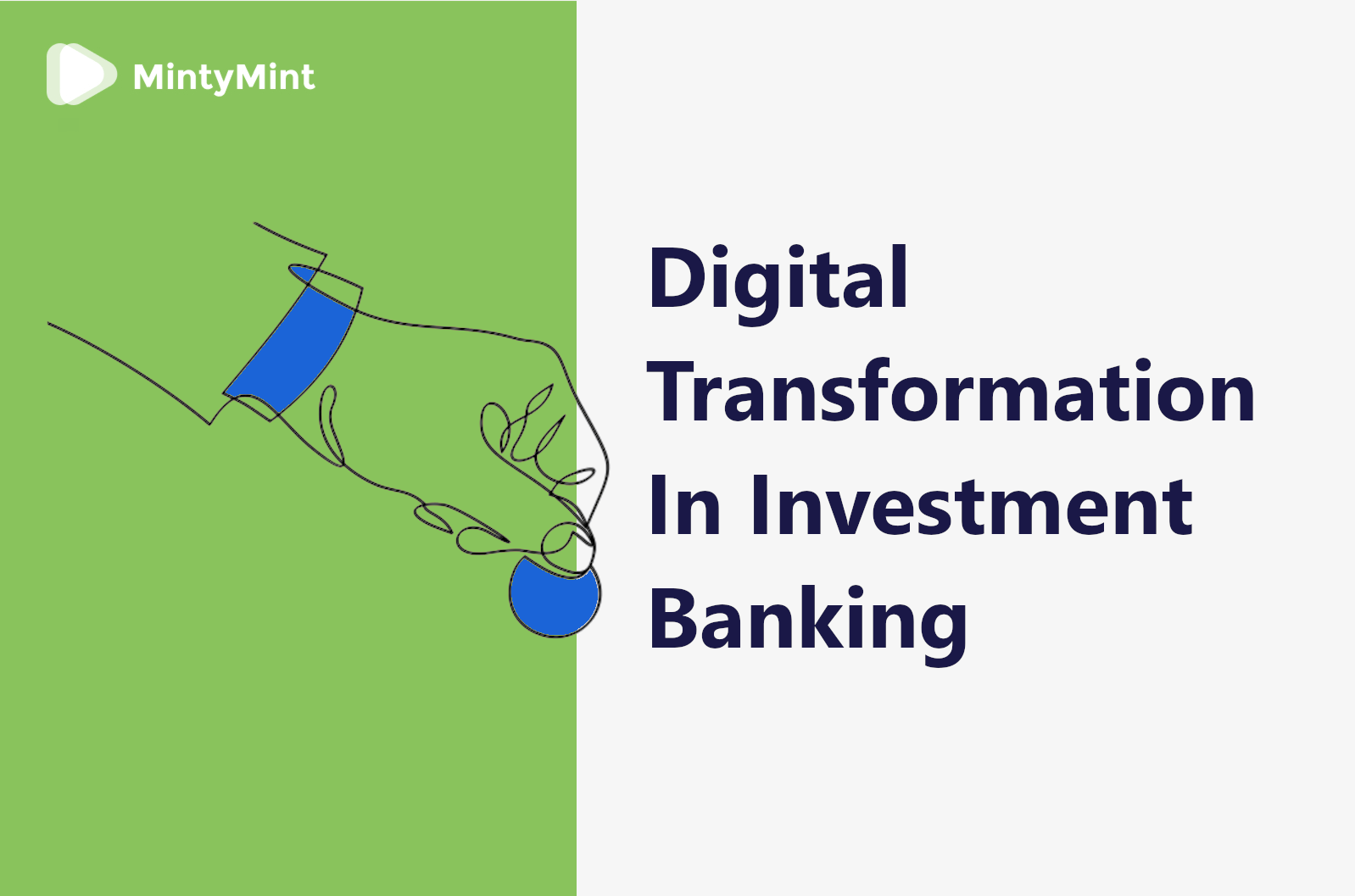Are you frustrated about determining Flow blockchain and Ethereum for NFT Development? We’ll tell you the key differences between them and give you some valuable advice to smooth the overall NFT development for your requirements.
Flow Blockchain
It is a fast, decentralized blockchain platform that can boost the growth of complete ecosystems of applications, particularly NFTs. The most critical factor in favor of Flow blockchain in the Flow vs. Ethereum comparison is its multi-node architecture. The unique blockchain platform could support the creation of apps with security and composability, which could appeal to billions of users.
Flow utilizes its native currency, FLOW, as the reserve asset of the network. It also works actually as an exclusive token to facilitate governance, payment of transaction fees, and staking.
The programming language of Flow blockchain also tilts the stakes in its favor in the comparison between Flow and Ethereum. Cadence offers the functionalities of a resource-oriented programming language equipped with new features applicable to smart contracts. Cadence’s unique features include in-built pre and post-conditions for transactions and functions and capability-based security.
Ethereum
You must know about the fundamental differences when you try to get a firsthand impression of the Flow blockchain vs. Ethereum comparison. Let us start with the discussion on Ethereum before anything else. The second-largest blockchain network, Ethereum, offers a decentralized open-source platform with innovative contract features and is undoubtedly a force to reckon with in the blockchain landscape. The creators of Ethereum needed to introduce a blockchain network with support for a wide range of use cases.
The exciting fact about Ethereum, an essential aspect of the difference between Flow blockchain and Ethereum is its programming language. Ethereum leverages Solidity as a credible object-oriented advanced programming language for tailoring intelligent contracts. Solidity bears considerable similarities with JavaScript, Python, and C++. In addition, it has been explicitly tailored for Ethereum Virtual Machine.
While Bitcoin arrived as a successful example of the blockchain network, it served only as a peer-to-peer currency exchange. On the contrary, Ethereum helps in the digitization and efficient movement of anything having a value other than the only cryptocurrency. Ethereum offers the benefit of Solidity as its programming language. Presently, Ethereum serves as the preferred platform for different decentralized applications and NFTs.
To Compare Them Both
Transaction Fees
The comparison between Flow and Ethereum also takes the transaction fees into account. Ethereum users must pay gas as the fees for performing a transaction and ensuring the successful execution of smart contracts.
The transaction fees on Ethereum depend profoundly on the complexity of the smart contract and load on the network. Users have to pay gas fees in Ether, the own cryptocurrency of Ethereum.
In the case of Flow, the creators were not happy with the high cost of transaction fees. So, was Flow successful in solving the problem of high transaction fees? The answer to this question is evident in the facility of two distinct fees applicable for the transactions.
The first fee in the case of Flow blockchain is the cost of creating your account, estimated at 0.001 FLOW. The second fee is a transaction fee which starts at almost 0.000001 FLOW.
Consensus Mechanism
The topic of consensus mechanism will be one of the top priorities in the Flow vs. Ethereum comparison. Ethereum presently relies on the Proof-of-Work or PoW consensus mechanism, which pits miners in a competition for creating new blocks. The miners can solve cryptographic puzzles faster than others, with capabilities for establishing cryptographic connections among blocks.
Furthermore, Ethereum developers are also planning to shift to the Proof-of-Stake or PoS consensus protocol. With the PoS consensus mechanism, validators would place ETH as stakes for participating in transaction verification.
While Ethereum plans to introduce PoS, the Flow blockchain is already operating on the PoS consensus algorithm. The consensus algorithm comparison for Flow blockchain vs. Ethereum shows the difference in how participants make profits. PoS encourages participants to reap results from elevating the currency value.
On the other hand, PoW encourages participants or miners to increase the commission. PoW is also one of the important reasons for scalability issues in Ethereum. So, Flow blockchain comes on top as a winner, especially for creators waiting to launch and capitalize on opportunities with NFT projects.
Smart Contracts
Smart contracts are also one of the pointers for Flow vs. Ethereum comparison. Generally, Ethereum is associated with smart contracts directly. It is practically the top platform preferred for creating smart contracts. Any transaction over the smart contract is documented on the blockchain and thus becomes immutable.
On the one hand, some developers perceive the need for modifications in the intelligent contract after deployment in the event of identification of any issues. Flow helps release intelligent contracts in a ‘beta state’ on its mainnet. Therefore, the original author of the smart contract could easily update the code in a stepwise process.
On the other hand, users could opt to use the code just as it is at a specific instance. Users could also wait for the completion of the legend before putting their trust in the code. Therefore, it is clear that Flow blockchain offers better flexibility in terms of smart contract optimization.
Wrapping Up
The Flow blockchain vs. Ethereum debate discussion shows that both have suitable capabilities for various applications. However, the features of both of them have pros and cons, especially NFT development. While Ethereum is working on new solutions for scalability with sharding as the preferred option now, Flow blockchain offers scalability effortlessly with a multi-node architecture.
Furthermore, Ethereum imposes high transaction costs and does not allow modifications in smart contracts, while Flow blockchain does the opposite. Flow blockchain takes the top edge in some facets in a head-to-head comparison.

